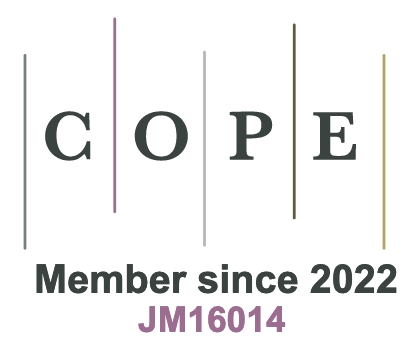.png)
Topic: Machine Learning-enabled Discovery and Optimization of Hydrogen Storage Materials
A Special Issue of Journal of Materials Informatics
ISSN 2770-372X (Online)
Submission deadline: 31 Oct 2025
Guest Editors
Special Issue Introduction
Hydrogen storage remains a critical challenge for advancing hydrogen energy technologies. Traditional experimental and computational strategies for discovering and optimizing hydrogen storage materials can be both time-consuming and costly. In contrast, machine learning (ML) and data-driven approaches have recently emerged as highly effective methods to accelerate material discovery, optimize performance, and deepen our understanding of hydrogen storage mechanisms. By integrating ML with first-principles calculations, molecular simulations, and experimental data, researchers can rapidly identify promising materials, predict key thermodynamic and kinetic properties, and design more efficient hydrogen storage systems.
This Special Issue of Journal of Materials Informatics welcomes original contributions that explore ML-enabled methods for the discovery, characterization, and optimization of hydrogen storage materials. Topics of interest include, but are not limited to:
● ML-assisted discoveryof hydrogen storage materials, including metal hydrides, complex hydrides, liquid organic hydrogen carriers, porous materials (metal-organic frameworks (MOFs) and carbon-based materials), and so on;
● Predictive modelingof thermodynamics, kinetics, and cycling stability in hydrogen storage materials;
● High-throughput screening and inverse designfor optimizing hydrogen storage capacity and dehydrogenation temperature;
● AI-driven multi-scale simulationsto understand hydrogen absorption, diffusion, and migration mechanisms;
● Big data and materials informaticsfor accelerating hydrogen storage material synthesis and characterization;
● Experimental validation of ML predictionsfor hydrogen storage performance.
Keywords
Machine learning, hydrogen storage, materials informatics, predictive modeling, data-driven discovery, metal hydrides, complex hydrides, liquid organic hydrogen carriers, porous materials, high-throughput screening, multi-scale simulations, artificial intelligence
Submission Deadline
Submission Information
For Author Instructions, please refer to https://www.oaepublish.com/jmi/author_instructions
For Online Submission, please login at https://www.oaecenter.com/login?JournalId=jmi&IssueId=jmi25041510070
Submission Deadline: 31 Oct 2025
Contacts: Mengyu Yang, Assistant Editor, [email protected]







